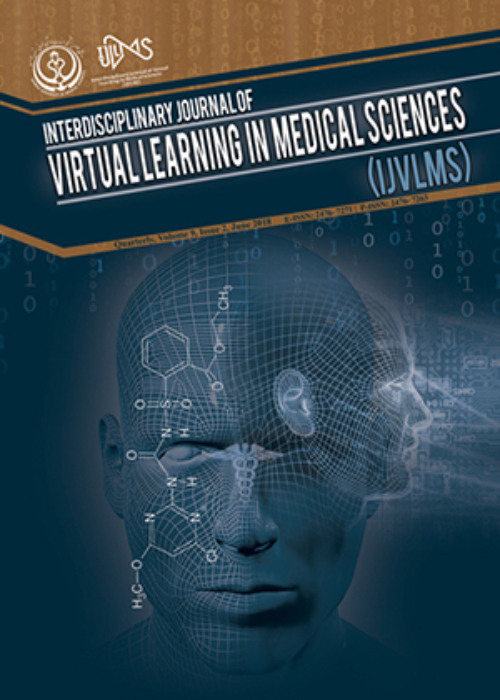Presenting a Causal Model of Factors Affecting Metacognitive Awareness: The Mediating Role of Goal Orientation and Self-efficacy with Seamless Flipped Learning among Medical Sciences Students in General English Course
Metacognitive awareness is the most important form of new learning science. It enables the learner to maintain his or her learning path and to think. A seamless flipped learning class reinforces this process. The aim of this study was to investigate the causal relationships between the need to know, metacognitive beliefs, and metacognitive awareness with the mediating role of goal orientation and self-efficacy among students of Shiraz University of Medical Sciences.
This was a cross-sectional descriptive-correlational study in terms of methodology. The statistical population of this study included all undergraduate Medical Sciences students at Shiraz University of Medical Sciences who were enrolled in a General English course in the academic year 2020–2021 (n=2455). The study sample included 380 students, who were selected by a multistage sampling method based on Morgan’s table. Participants completed an integrated questionnaire that included: metacognitive awareness, need for cognition, goal orientation, self-efficacy, and metacognitive beliefs. All the questionnaires had good validity and reliability. Path analysis was used to analyze the data, which was done with Amos 22, Lisrel 8.50, and SPSS 22.
Four factors of metacognitive beliefs, need to know, goal orientation, and self-efficacy have a significant effect on metacognitive awareness in students. Among the endogenous variables, selfefficacy had the most effect (0.19) and metacognitive beliefs had the least effect (0.164) on the metacognitive awareness variable.
The results obtained for the fit indices of the proposed model showed that it had a good fit with the data collected from the respondents. Accordingly, this model can assist educational leaders in their decision-making and policy-making to improve student learning outcomes.
- حق عضویت دریافتی صرف حمایت از نشریات عضو و نگهداری، تکمیل و توسعه مگیران میشود.
- پرداخت حق اشتراک و دانلود مقالات اجازه بازنشر آن در سایر رسانههای چاپی و دیجیتال را به کاربر نمیدهد.


